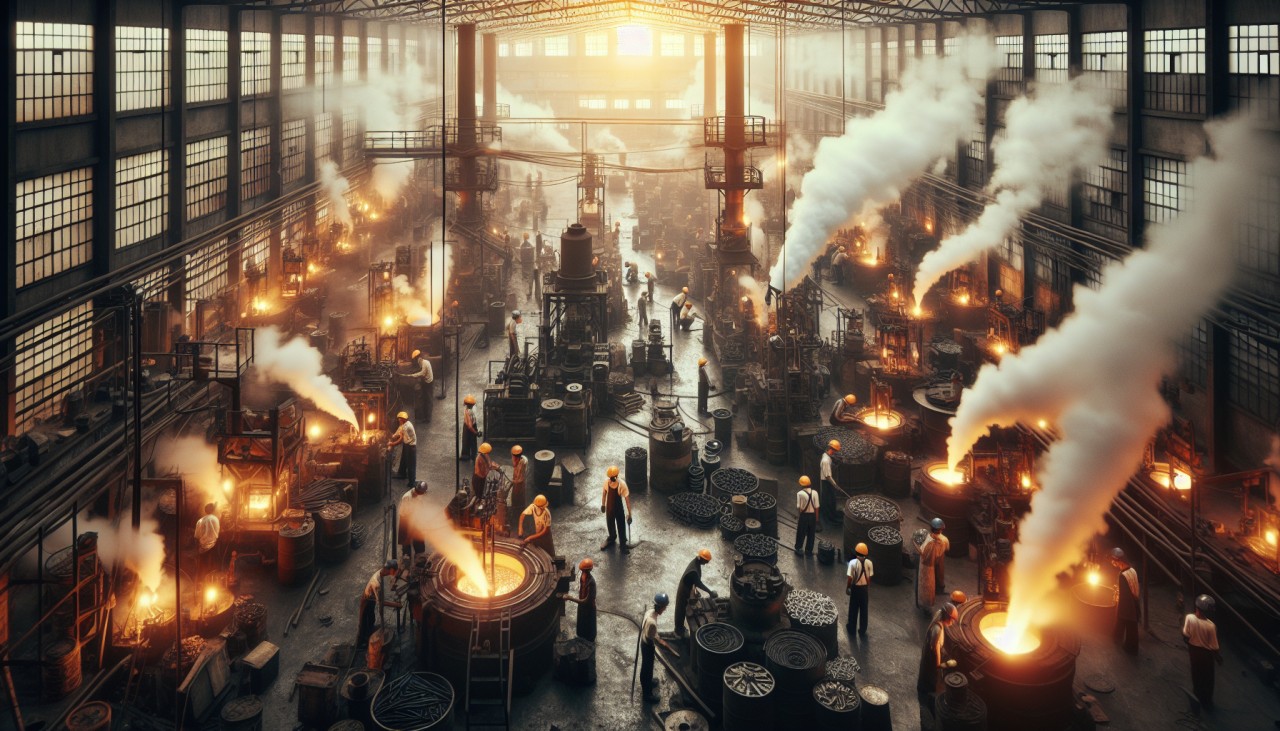Decentralized manufacturing is reshaping the production landscape by distributing manufacturing processes across multiple, smaller facilities located near end-users. This approach offers several advantages, including increased flexibility, improved supply chain resilience, and reduced transportation costs and emissions. By producing goods closer to consumers, companies can respond more swiftly to local market demands and minimize the environmental impact associated with long-distance shipping. kaopiz.com
However, implementing decentralized manufacturing presents certain challenges. Coordinating production across various sites requires advanced digital tools to ensure efficient communication, resource allocation, and scheduling. Maintaining consistent quality standards across geographically dispersed facilities can also be difficult, particularly when different suppliers or processes are involved. Additionally, decentralized systems often involve multiple suppliers, making it harder to synchronize production flows and manage inventory efficiently. blumorpho.com
Key Takeaways
- Decentralized manufacturing distributes production across multiple, smaller facilities near end-users.
- Benefits include increased flexibility, improved supply chain resilience, and reduced transportation costs and emissions.
- Challenges involve coordinating production across various sites and maintaining consistent quality standards.
